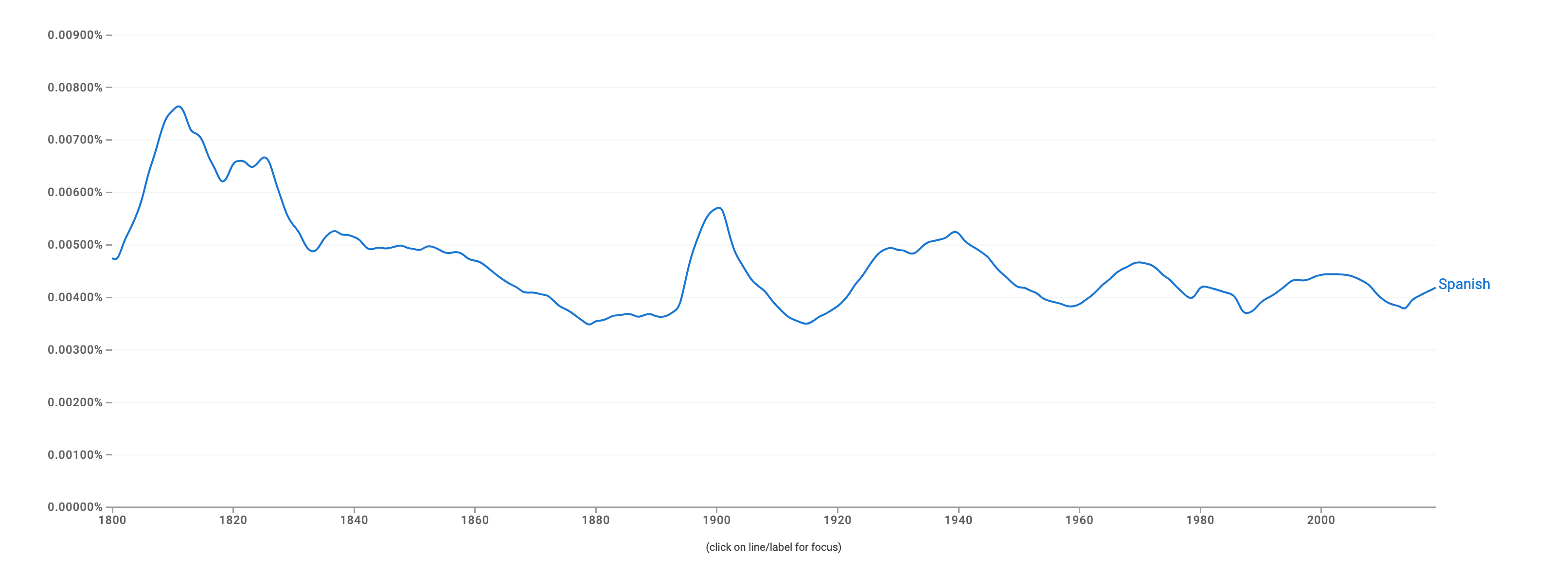The abbreviations "Span." and "Esp." are used to represent the Spanish language in different contexts, and their usage depends on the context and the style guide you are following.
- Span.: This abbreviation is commonly used in English to refer to the Spanish language. It is often seen in academic or formal contexts, such as in bibliographies, course descriptions, or scholarly articles. For example, "Span. literature" might indicate literature written in the Spanish language.
- Esp.: This abbreviation is derived from the Spanish word "Español," which means "Spanish." It is often used in Spanish itself, particularly in references to the language or when specifying the nationality. For instance, "Esp. cultura" could refer to Spanish culture.
For example...
- English (academic context): "The course covers a wide range of topics, including Span. history and literature."
- Spanish (self-reference): "La música Esp. es conocida por su diversidad." (Spanish music is known for its diversity.)

Spanish
Spanish (español in Spanish) can be defined in different ways depending on whether you're focusing on its linguistic, cultural, or historical aspects. Here are some potential definitions:
1. Language:
- A Romance language originating in the Iberian Peninsula of Europe, spoken by approximately 500 million people worldwide.
- The official language of Spain, Mexico, most of Central and South America (except Brazil), Equatorial Guinea, and several other countries and territories.
- Characterized by its phonetic pronunciation, rich vocabulary, and distinct verb conjugations.
2. Culture:
- The diverse artistic, literary, musical, and culinary traditions of Spanish-speaking regions around the world.
- Influenced by a long history of migrations, conquests, and interactions with other cultures.
- Known for its vibrant festivals, passionate flamenco dance, and delicious tapas cuisine.
3. History:
- The language and culture of Spain, rooted in the ancient Roman province of Hispania.
- Shaped by centuries of Moorish rule, the Catholic Church, and various European movements like the Renaissance and Enlightenment.
- Played a significant role in global exploration and colonization, leaving a lasting legacy in many countries.
Furthermore:
- Dialects: Spanish has numerous regional dialects with distinct pronunciation, vocabulary, and grammatical features.
- Recognition: Spanish is one of the six official languages of the United Nations and the second most spoken language in the world after Mandarin Chinese.
- Learning: Spanish is considered a relatively easy language for English speakers to learn due to its shared Latin roots and phonetic pronunciation.
Usage of Spanish
The word "Spanish" had occurred most frequently during the 1800s, but after that peak, its use has dropped and has been at consistent levels till now.

When to use Span. and Esp.
Both "Span." and "Esp." can be used as abbreviations for Spanish, but their suitability depends on context and formality:
Use "Span." when:
- Informality is preferred: This is particularly common in online communication, chat, and social media.
- Saving space is crucial: For example, in tables, headings, or where brevity is essential.
- Clarity is not an issue: The context should make it clear that "Span." refers to the language.
Use "Esp." when:
- More formal writing is required: This is common in academic works, official documents, or publications with a professional tone.
- Disambiguation is necessary: If referring to Spanish alongside other languages, "Esp." avoids confusion with abbreviations like "Fr." for French or "Ger." for German.
- Following an established style guide: Some style guides, like the Chicago Manual of Style, recommend "Esp." in formal writing.
General tips:
- In general, "Span." is more widely recognized and used than "Esp."
- It's always safest to avoid abbreviations in highly formal communication or when clarity is paramount.
- When in doubt, spell out "Spanish" for better understanding.
Summary
Spanish stands out as a vibrant thread. Knowing how to abbreviate it not only streamlines communication but also adds a layer of linguistic awareness. So, the next time you encounter "Sp." or "Span.," you'll have the key to unlock the richness of the Spanish language in a more concise form. ¡Vamos a abreviar! (Let's abbreviate!)

Want to sound like a native speaker?
Engram’s AI-powered grammar checker makes your English sound like a native speaker’s, suggesting natural English expressions on top of fixing grammar, spelling, punctuation, word order, and vocabulary.

References:














